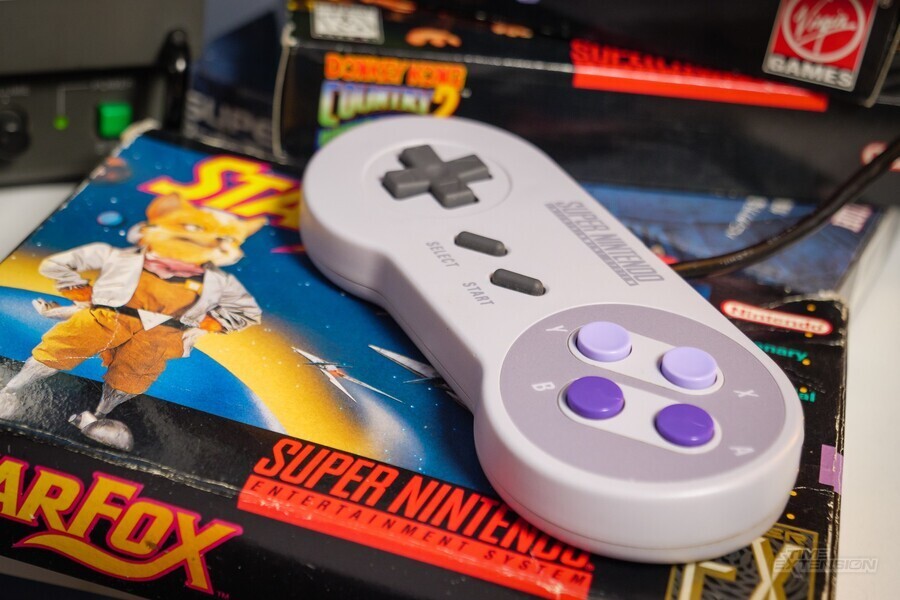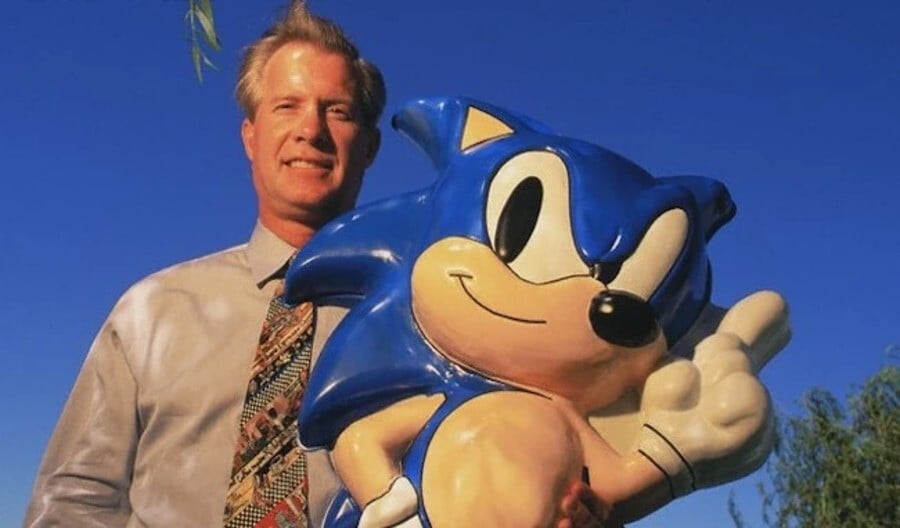
When Tom Kalinske took over at Sega in 1990, Nintendo dominated the North American market. By the time he left in 1996, he had overseen a resurgence that had allowed Sega to claim 50 percent of the market – something that, at the close of the 1980s, would have been utterly unthinkable.
During his tenure at Sega, Kalinske's opposite at Nintendo was Howard Lincoln. Over the years much has been made of the rivalry between these two executive heavyweights, but in an interview with Time Extension, Kalinske reveals his true relationship with the Nintendo of America boss.
"I actually knew him before I was at Sega," Kalinske tells us. "When I was at Matchbox, he wanted us to do a Matchbox video game on the NES. And we started to do it, but I don’t know if we ever finished it or not. Anyway, I knew him from those days and I certainly knew him from the industry events. We were ferocious rivals and competitors, but I was more combatively competitive with his head of marketing Peter Main than I was with Howard himself. I mean, Howard was a lawyer and a very smart guy, and a very senior executive."
Of course, despite this pre-existing friendship, there were times when the pair did come to blows. "It did get a little contentious when I wanted to form a new [software association]," continues Kalinske. "Remember initially the video game industry was under SPAR (the Software Publishers Association), and all they cared about was Microsoft and Oracle and you know, business software. They didn’t really care about video games and so they didn’t really treat us very well.

"So when I wanted to form a new association, initially Howard was not for it, but later he came on board. In fact, Howard, myself, and Larry Probst at EA — and a few others — were the guys who initially put up the money to form the IDSA, which later became the ESA (Entertainment Software Association). We were the ones who put up the money, so we did get him to agree to do that, so I had a better relationship with him."
Kalinske concludes by pointing out that, when he left Sega in 1996, Lincoln was one of the first to get in touch and share his true feelings about their relationship. "When I left the industry, he sent me a very nice letter, which I have somewhere in my office, where he said something to the effect of, ‘While we were bitter rivals and competitors, I’m sorry to see you leaving the industry because you contributed so much to our industry and changed it for the better.' So I thought that was very nice of him."
